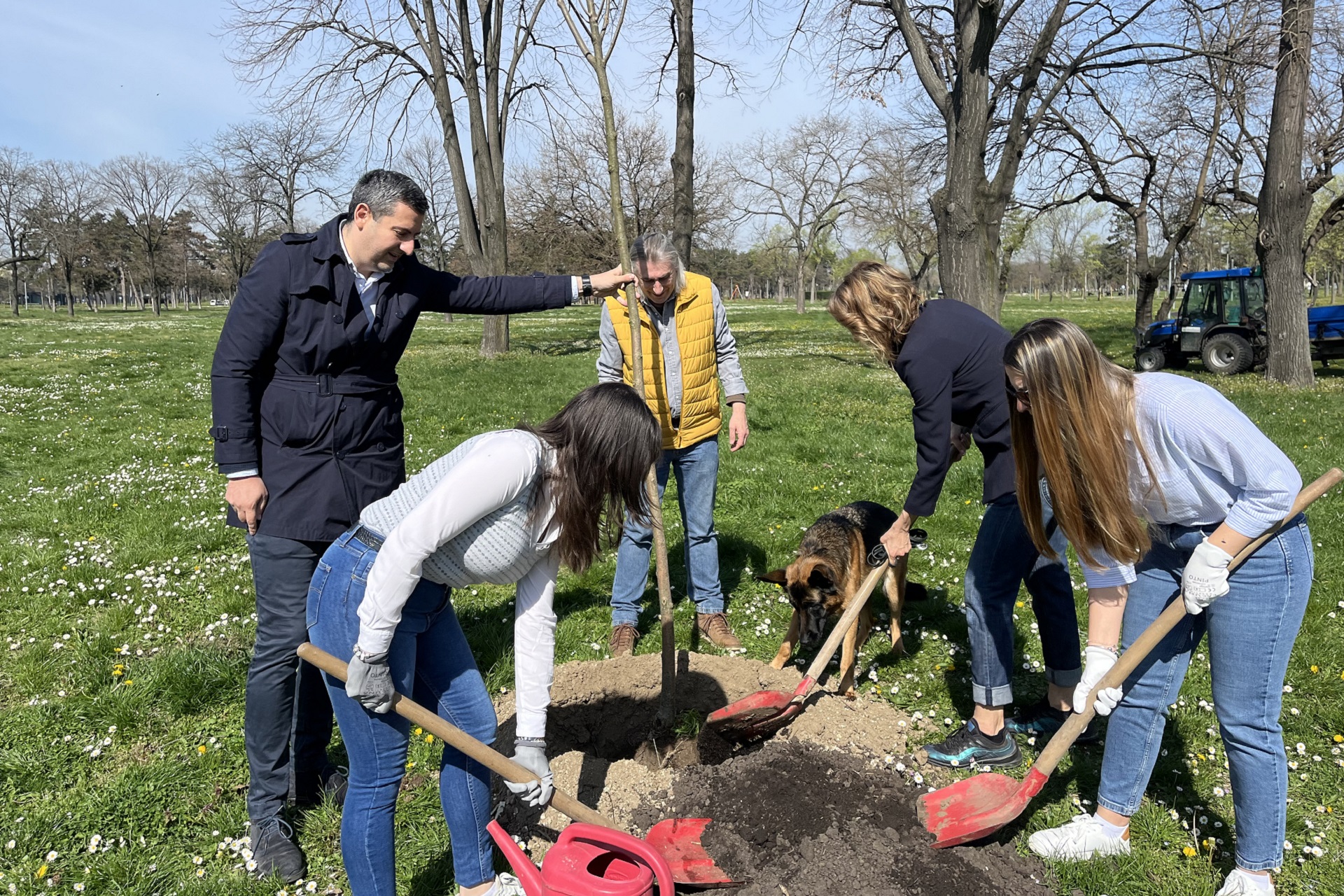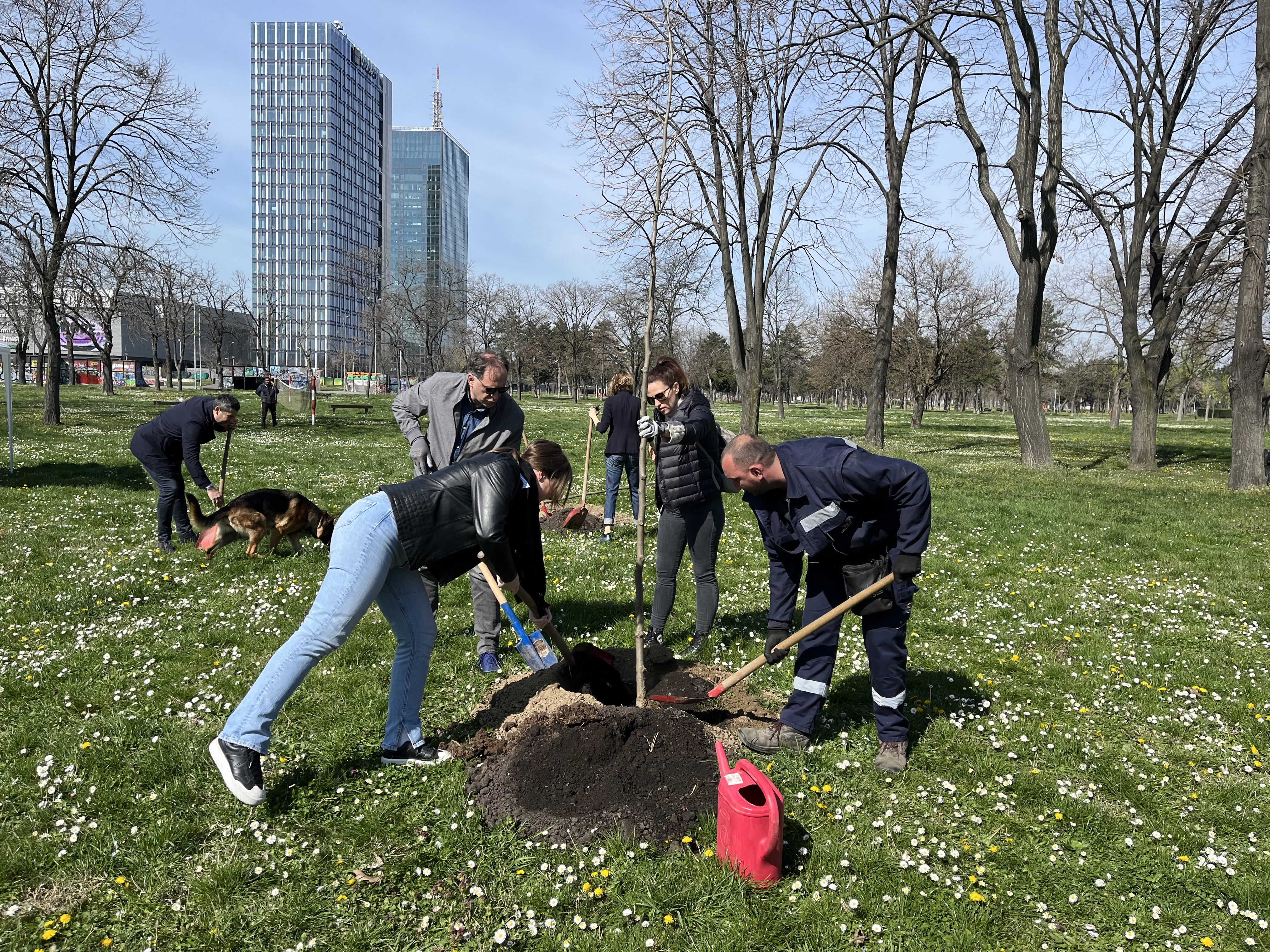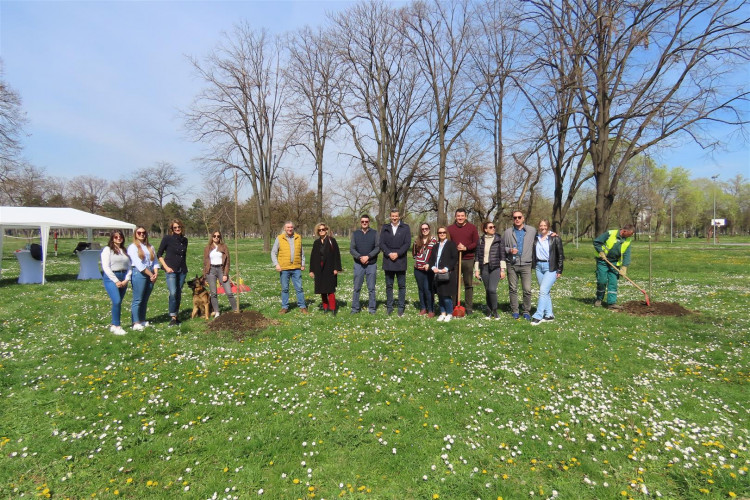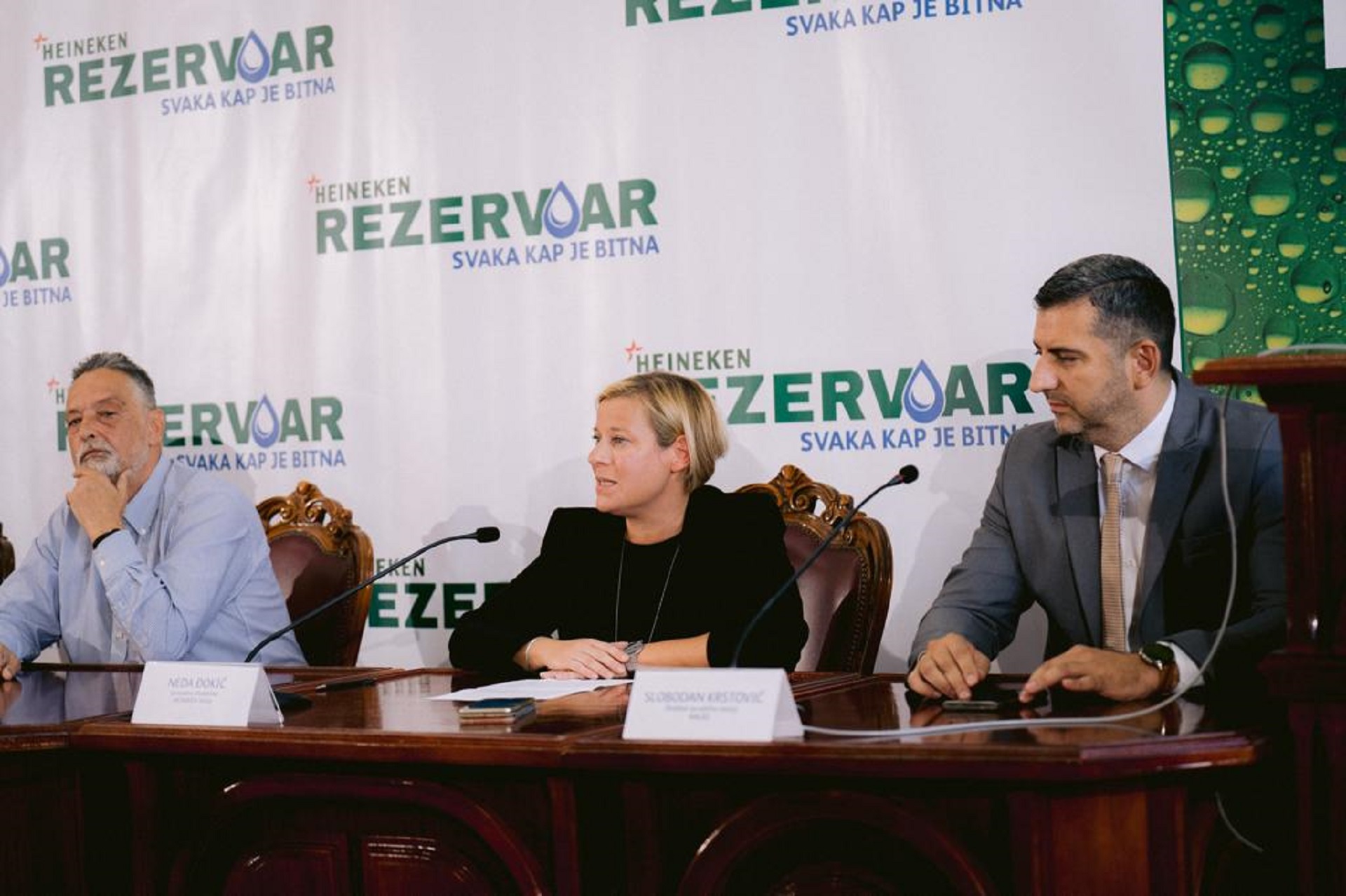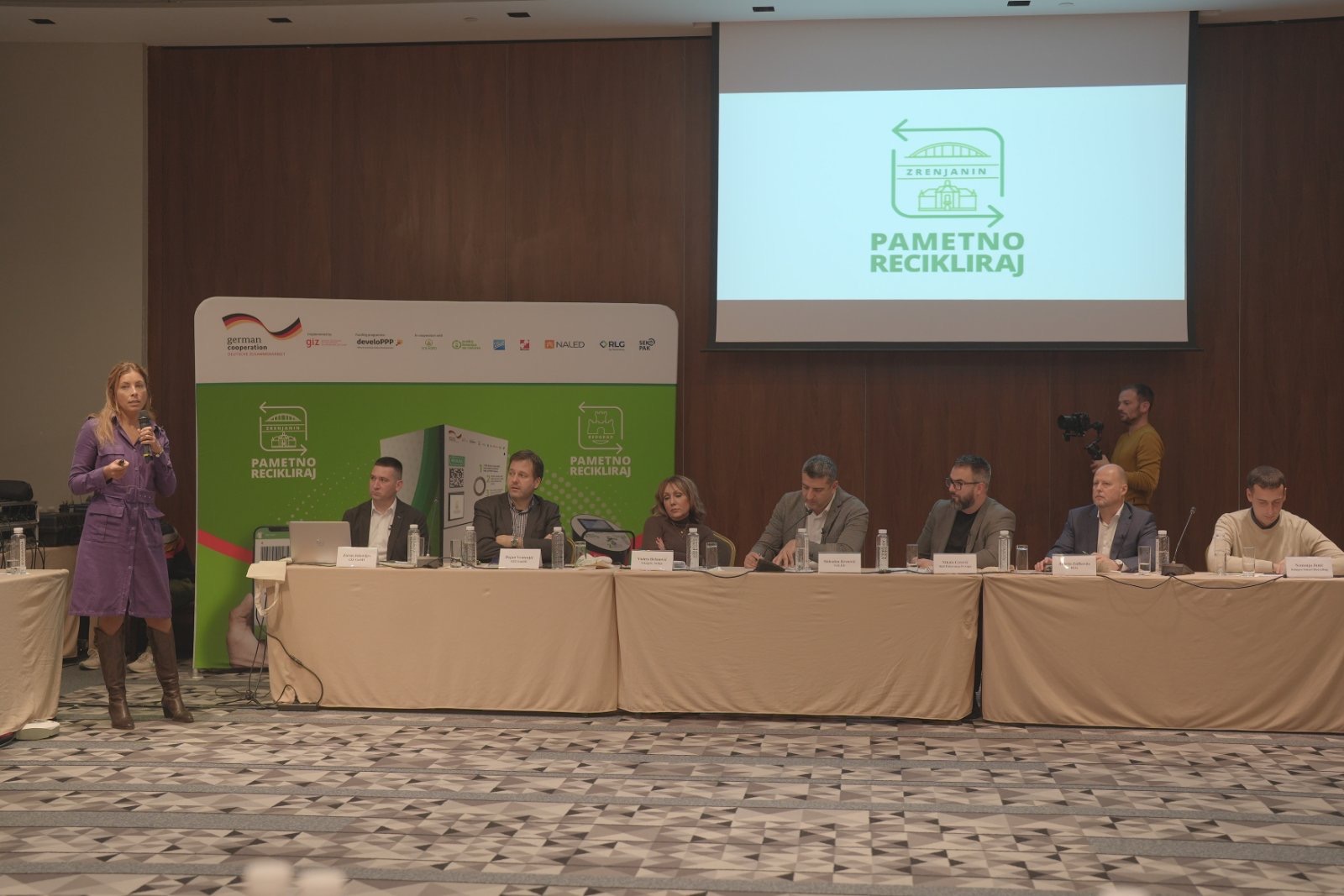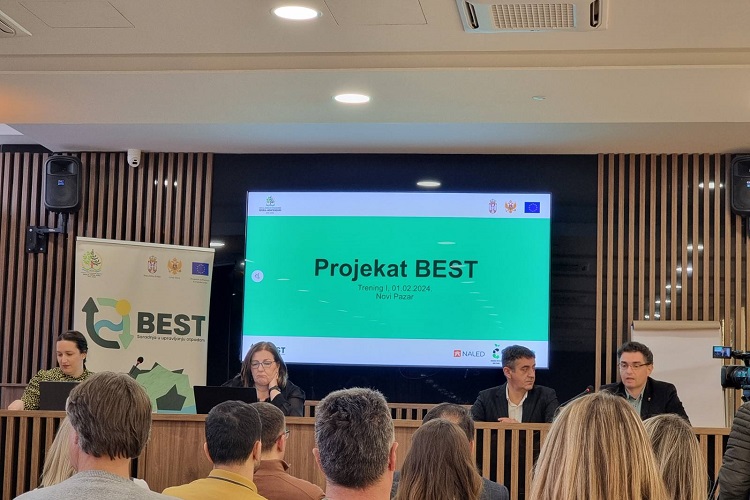Today is World forest day - Serbia lacks 200 million trees
According to official data, 29% of Serbia's territory is covered by forests, while achieving a minimum forest cover of 41% is necessary for preserving human health, biodiversity, and mitigating climate change. In other words, our country lacks 10,000 square kilometers of forests or 200 million trees, as stated by NALED and the Green development center on the occasion of World forest day.
Today, these two organizations have also signed a Memorandum of cooperation with the aim of connecting the civil and business sectors and spreading the vision of a sustainable and responsible community. The focus of their joint work will be the implementation of specific actions such as "Plant your shade" and "Let's do it! Serbia - World cleanup day," which involves removing illegal landfills and raising awareness about proper waste management.
- Today is a special celebration for us - we are marking the first five years of the "Plant your shade" campaign in which we have planted around 120,000 small seedlings in more than 100 cities in Serbia and more than 800 mature trees in the parks of our cities. Quoting the famous poet Tagore, who said that "he who plants a tree understands the meaning of life," we invite everyone to join us and help us forest our cities and villages in Serbia to make life better for all - said Predrag Ratić, team leader of the "Plant Your Shade" campaign, thanking long-term partners such as the American Embassy, GIZ, the European Union, and NALED.
The beginning of the cooperation was symbolically marked by planting three ash, lime, and plane trees in New Belgrade, each carrying its own message. The ash is a tree of happiness and health, known in mythology as the tree of eternal life. The lime is a symbol of eternity, while the plane tree is the embodiment of the city, particularly widespread in Europe and a favorite nesting place for birds.
Slobodan Krstović, Director for sustainable development at NALED, emphasized that NALED advocates for cooperation with all interested representatives of the civil, private, and public sectors to work together on the development of a circular economy and to encourage innovative approaches to the protection and restoration of forest ecosystems, which directly affect the preservation of water, air, and soil.
- The goal of the European Union is to halve greenhouse gas emissions by 2030 and to plant 3 billion trees by 2050 in order to become climate neutral. This is an example to follow not only to join the family of European countries but primarily to preserve the health of our people and especially children, stop UV radiation, and harmful PM particles. We have no other planet, and it is time to start taking care of it - emphasized Krstović.
Trees play an important role in cities, besides lowering high temperatures during the summer and excessive cooling in winter, they mitigate the effects of storm winds and thus reduce our electricity bills. One tree absorbs carbon dioxide and gives oxygen needed for one person annually, and estimates say that every fourth child today has asthma problems, caused by the lack of greenery.
In Europe, Sweden has the most forests, with 28 million hectares, followed by Finland with 22 million and Spain with 18 million hectares. The highest percentage of forest cover in the region is in Montenegro and Slovenia, where two-thirds of the territory are covered with greenery, making them among the most forested countries in Europe.


